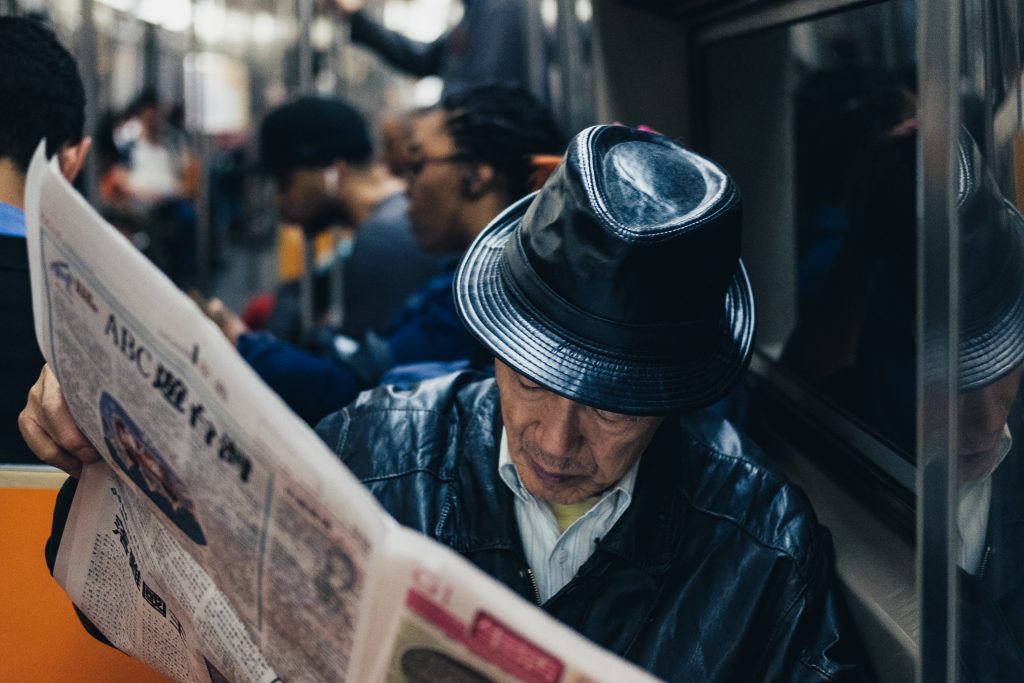For many people, the media is the primary source of information about mental illnesses, such as depression and bipolar disorder. This is fine when it’s portrayed in a productive and ethical light, but in Hong Kong, this is not always the case. Many articles create and reinforce negative stereotypes, such as that people with mental health problems are weak, violent or unable to live a normal life. These negative portrayals affect us all — especially those with mental health problems. One common example is that news stories often associate mental health issues with violence. Researchers at Johns Hopkins University[1] looked at articles on mental health published over the span of about 20 years and found that over half of them linked mental illness with violence. Yet other US research has shown that only 3–5%, of violence committed is due to severe mental health issues.[2]
Another study[3] found that over 60% of mass media reports “forged a link between mental illness and violence”. Irresponsible media portrayals of mental illnesses, as such, affect readers’ perceptions. 40% of the people in the study “believed mental illness to be associated with violence” and — importantly — they stated that they learnt this from the media.
Although this study was published in the mid-1990s, it points to a history of equating mental health issues and violence. Today, the internet makes innumerable information sources easily available and the language used remains similar.

Many reports of the recent shooting in Quarry Bay Park, for example, specifically mentioned that the perpetrator did not have a history of mental illness. Stories of violent incidents often include such clarifications. When acts of violence arise, it is almost a given that the reader will assume mental illness unless specified otherwise.
TV shows and movies are also at risk of depicting mental illness in stigmatising ways. A study[4] in 2005 found that 80% of viewers felt that their mental health was adversely affected by negative depictions of mental illness in dramas.
The entertainment industry and news media have a strong influence on public perceptions of mental illness. Through language and increased understanding, they have the influence to help reduce stigma, rather than reinforce it. In recent years many celebrities have spoken openly about their own lived experiences with mental illness, and many journalists have taken it upon themselves to portray mental health issues in a positive light.
Mind HK is holding an event to celebrate journalists and other media figures that take a balanced and productive approach to depicting mental health in print and on screen. The Mind Media Awards will be held in Hong Kong for the first time on November 15th.
For more information about the awards, head over to www.mindhkmediaawards.com.
This article is informative only and is not intended to be a substitute for professional medical advice, diagnosis, or treatment. For emergency contacts, please visit http://www.mind.org.hk/what-to-do-in-a-mental-health-emergency.
[1] https://www.healthaffairs.org/doi/abs/10.1377/hlthaff.2016.0011
[2] https://namimc.org/media-perpetuating-dangerous-myth-mental-illness/
[3]https://www.researchgate.net/publication/249806569_The_impact_of_the_mass_media_on_public_images_of_mental_illness_Media_content_and_audience_belief
[4] http://www.mindframe-media.info/__data/assets/pdf_file/0006/6657/SANE-Make-it-Real-2005.pdf


